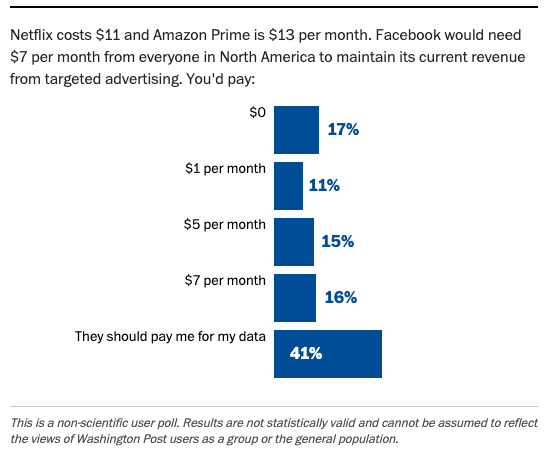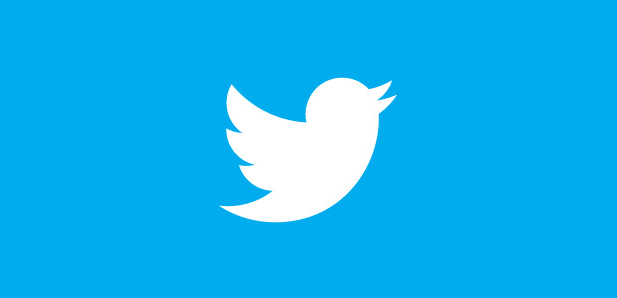There is emerging evidence that Twitter is considering launching a subscription-based service using the code name Gryphon.
A recent Twitter job posting for a “senior full-stack software engineer” said the following.
“We are a new team, codenamed Gryphon. We are building a subscription platform, one that can be reused by other teams in the future. This is a first for Twitter! Gryphon is a team of web engineers who are closely collaborating with the Payments team and the Twitter.com team.”
According to The Verge, Twitter has since modified the listing to remove the references to Gryphon and the subscription business.
The job posting unleashed a spate of speculation over what Twitter has in mind. The company has played around with variations on subscription models in the past. But thus far Twitter has stuck with ads and data licensing as its business model.
Critics Calling for Change
However, there have been consistent calls for Twitter to make just such a move. Many of these pleas have come from critics losing patience with Twitter’s weak performance, particularly when compared with chief rival Facebook. NYU Stern School of Business Professor and podcaster Scott Galloway is among the loudest of these voices. He has been arguing consistently that moving to a subscription model would unlock more shareholder value than the current ad-supported model. And it would free Twitter from the current debate around toxic messaging on social media, much of which critics say is driven by ad algorithms.
In a recent article in Business Insider, Galloway predicted Twitter would move to a subscription model to get away from the trap of having to achieve the scale needed to compete in the ad-supported world.
“Their opportunity is to acquire distressed media properties, go vertical, and move to a subscription model. Subscription fees should be based on the number of followers. If @kyliejenner can garner $430,000 per promoted tweet, she’ll pay $10,000 a month to maintain her revenue stream, and @karaswisher (1.3 million followers) would pay $250 a month. Verified accounts with <2,000 followers would remain free to maintain critical mass.”
A Tale of Two Social Platforms
Let’s look at how the blue bird’s numbers match up with Facebook’s. This might help explain all the pressure on Twitter to do something to shake things up. Thanks to the Motely Fool for these numbers.
- Facebook went public in 2012 at $38 and now trades at $239. Twitter IPO’d in 2013 at $26. It closed Monday at $33.82.
- Both Facebook and Twitter rely on ads and have seen results muted by COVID-19. In Q1, Facebook grew its ad revenue by 17%, while Twitter only managed a 1% bump.
- Facebook, across its entire family of products (Facebook, Instagram, Messenger, WhatsApp), has 2.4 billion daily users. Twitter reports having 166 million monetizable daily users.
And, numbers aside, Twitter stands widely accused of being slow to innovate, at least compared with rivals like Facebook and Snap. This charge isn’t new. In fact, if you Google “Twitter slow to innovate” articles from 2014 and 2015 pop up with headlines like “Dear Twitter: Change or Die” and “Why Twitter is No Longer an innovation Machine”.
Much of this innovation critique involves Twitter’s leadership. CEO Jack Dorsey is CEO of both Twitter and Square. Yet the bulk of Jack’s wealth is in Square, which rankles Twitter investors who want to see more engaged leadership.
Will Consumers Pay for Tweets?
Critics like Galloway insist power users will gladly pay to use Twitter. Yet, evidence of widespread consumer support for social subscriptions is hard to find.
A 2018 Washington Post online poll, for example, found scant support for the idea of paying for Facebook. However, it was an online poll, which makes it instantly dubious. It was also worded a bit suggestively. And it was about Facebook, the dark star of social media platforms, not the slightly less loathed Twitter. Still, interesting findings.

Will Jack Pull the Trigger?
The Gryphon post suggests Twitter has a serious effort underway to move to some form of a subscription model. But as we noted, they’ve toyed with the idea in the past. For example, Twitter surveyed users a few years back to test the waters on charging for premium features like new analytics tools, breaking news alerts, and more granular data on followers’ tweets. They never moved forward with this notion.
There has also been some discussion of adding a paid layer to Tweet Deck, which Twitter acquired in 2011. That never happened either.
If they do move forward this time, will it be along the lines of the model Scott Galloway proposes? Where those with big followings pay based on their audience? Another model to look at is Twitch, which allows its top Twitchers to add paid subscriptions to their accounts. Similarly, top Tweeters could charge for access to their streams.
Or maybe Twitter will move to a freemium/premium model, where paid users can get access to premium content or avoid being bombarded with ads and sponsored Tweets.
Given that all we have to go on now is a job listing, it may be a little while before we know what Twitter has in mind.
Related Localogy Coverage




